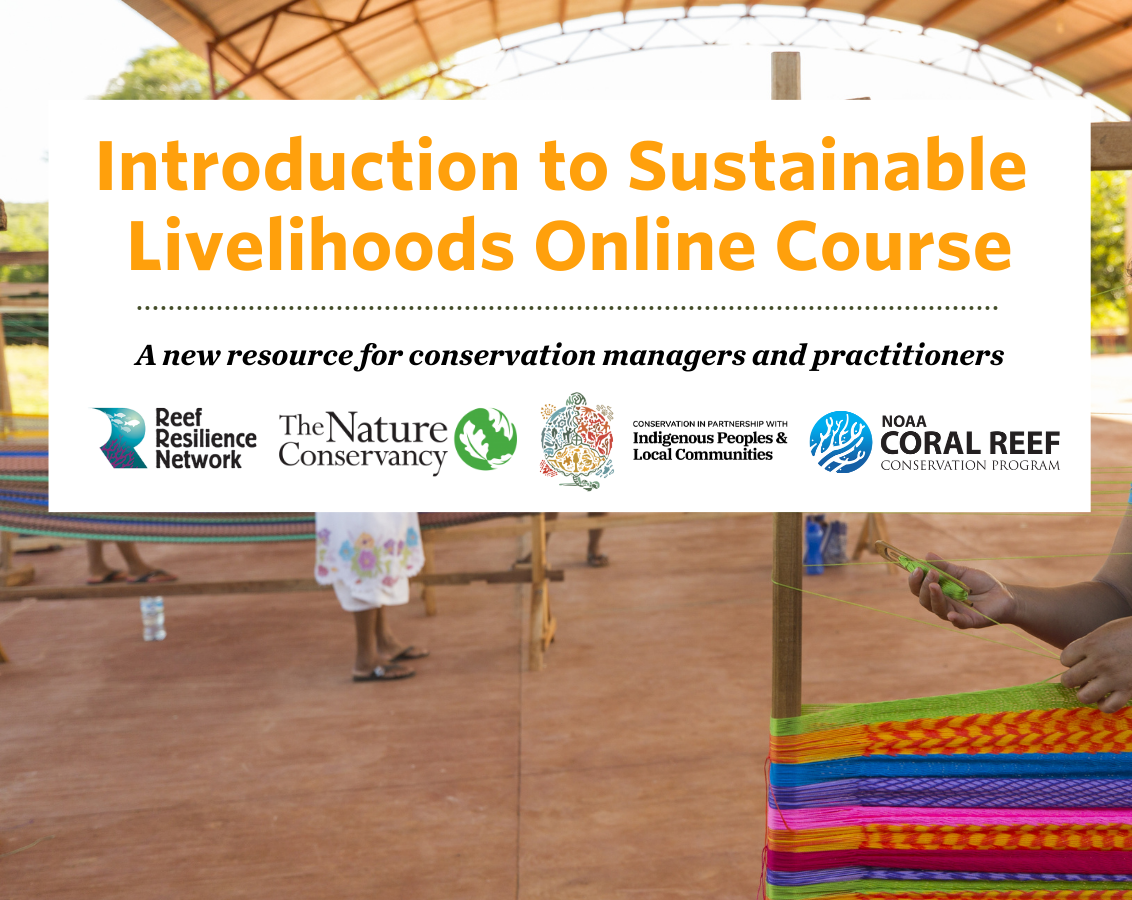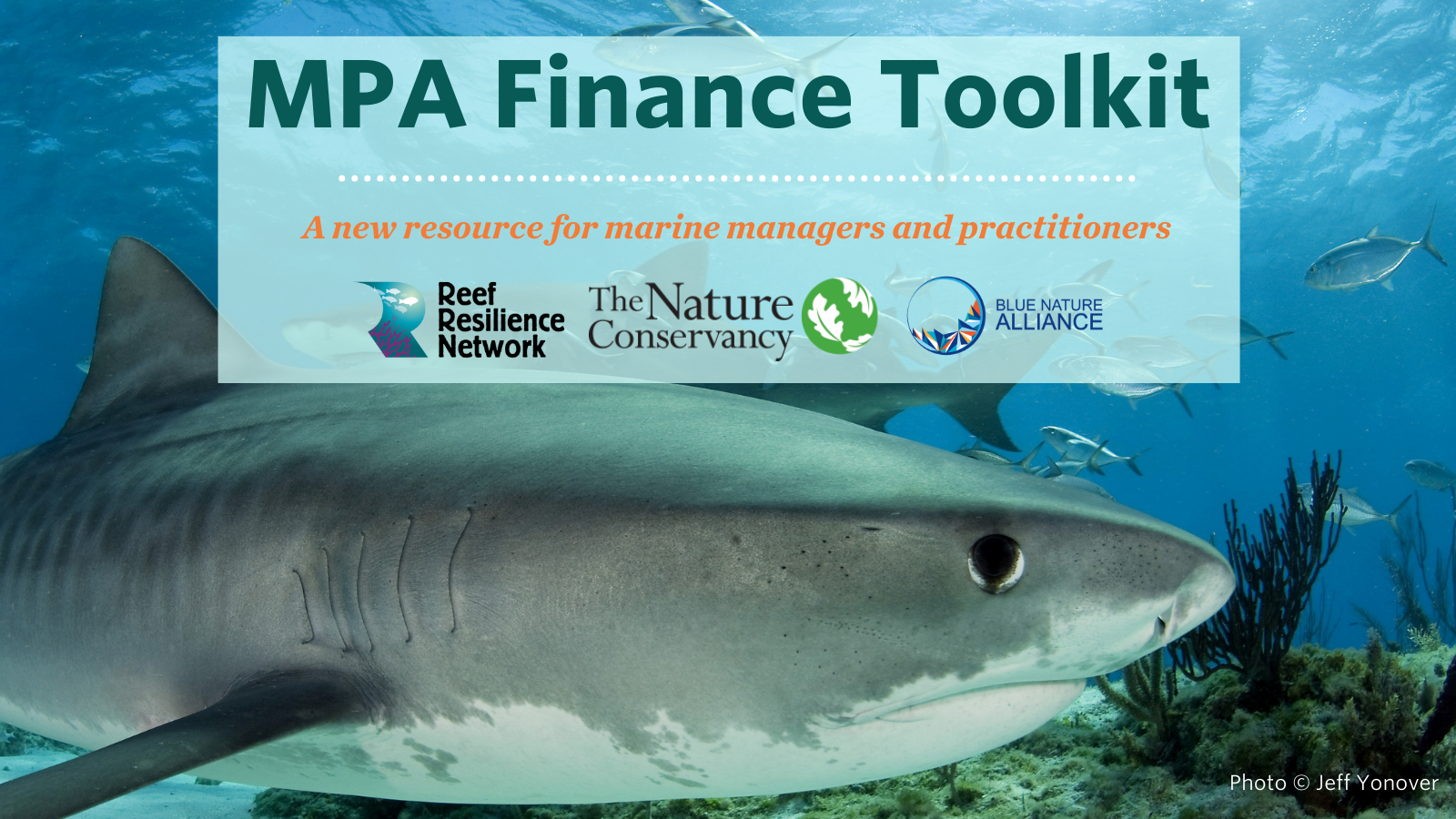Human activities in coastal regions, such as mining, farming, urbanization, and waste disposal, deteriorate water quality in nearby watersheds, negatively impacting downstream coastal ecosystems like coral reefs. This compromised water quality in turn affects human health, through the spread of diseases, reduced food availability from declining fisheries, and illnesses from contaminated seafood. These health issues result in significant economic losses exceeding $19 billion annually (2022 USD).
The impact of watershed management on human health is often overlooked; however, it offers a chance to drive action and utilize long-term and large-scale investments, all the while improving the water quality of coastal ecosystems. The authors summarize the impacts of poor water quality on humans, coral reefs, and coral reef organisms in Table 2.
Integrated watershed management is a comprehensive cross-sector approach that improves water quality and simultaneously offers additional benefits to both nature and people. The article outlines strategies for effective watershed management, including:
- Planning: Engage a wide range of stakeholders, landowners, and beneficiaries throughout the watershed in the process.
- Coordinating: Create a multi-sector management authority (e.g., watershed commission) with the mandate and resources to coordinate actions across all sectors.
- Monitoring: Conduct assessments and research to identify sources of land-based impacts to coral reefs and areas where these risks overlap with public health.
- Resource mobilization: Develop sustainable financing mechanisms.
- Scaling: Help integrate coral reef ecosystem health into watershed management and public health planning. Document and communicate the management process including best practices and lessons learned.
Implications for managers
- Engaging with other sectors (water utilities, public health organizations, farmers, private sector) on managing upstream inputs and downstream water quality can improve coastal ecosystem health.
- Institutions that serve as bridging organizations (such as catchment authorities) can facilitate watershed management, and work best when they have their own legislated mandates and operating budgets.
- Incorporating indigenous peoples and local communities in collaborative governance approaches can help bridge across sectors and address watershed system challenges on the appropriate scale.
- When devising policies, assess interconnections between systems and consider potential trade-offs across sectors. For example, while constructing wetlands can boost water quality and ecosystem health, it might also inadvertently impact mosquito-borne disease risk.
- Sustainable, long-term financing is crucial for watershed enhancement. Given the multi-sector involvement and benefits, funding may be sourced from watershed, public health, climate change, and other conservation initiatives.
Authors: Wakwella, A., A. Wenger, A. Jenkins, J. Lamb, C.D. Kuempel, D. Claar, C. Corbin, K. Falinski, A. Rivera, H.S. Grantham and S.D. Jupiter
Year: 2023
View Full Article
Cambridge Prisms: Coastal Futures, 1, e27, 1-17 doi: 10.1017/cft.2023.15


